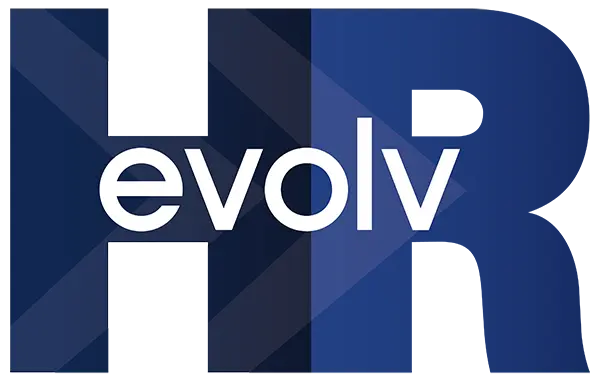Navigating the Digital Frontier: Crafting an Effective Social Media Policy
In today’s interconnected world, social media is a powerful tool that can shape public perception, foster engagement, and even impact an organization’s bottom line. However, without clear guidelines, employee social media use can lead to unintended consequences, including reputational damage and legal risks. evolvHR’s Social Media Policy Template provides HR leaders with the resources needed to navigate these challenges and build a framework for responsible online engagement.
Why Social Media Policies Matter
Social media blurs the line between personal expression and professional representation. While platforms like LinkedIn and Twitter offer opportunities for brand advocacy, they also pose risks when employees share unprofessional or confidential information. A well-defined social media policy protects both the organization and its employees, ensuring clarity and compliance.
Core Elements of an Effective Policy
1. Harassment-Free Communication
Employees must avoid using social media to post content that could be viewed as malicious, threatening, or discriminatory. By promoting respectful online behavior, organizations foster an inclusive culture that extends to digital spaces.
2. Defamation Prevention
Misinformation and false statements can have severe consequences. The policy should emphasize the importance of accuracy and discourage employees from sharing unverified or harmful content about colleagues, clients, or the organization itself.
3. Protecting Confidentiality
Trade secrets, customer data, and internal processes are valuable assets. The policy must clearly outline what constitutes confidential information and prohibit its disclosure on social platforms.
4. Representation Guidelines
Employees should understand their role when engaging online, particularly when discussing the organization. Clarity on representing personal opinions versus official company views prevents misunderstandings and ensures accountability.
5. Managing Company Accounts
For employees tasked with handling corporate social media accounts, the policy should establish best practices for maintaining professionalism, sharing access credentials securely, and ensuring continuity in case of staff transitions.
Crafting a Policy That Resonates
While the core elements of a social media policy are universal, customization is key. Consider the specific needs of your industry and workforce. evolvHR’s template allows HR leaders to tailor policies, ensuring relevance and effectiveness.
Supporting Compliance and Adoption
Policy implementation is only successful when employees understand its purpose and implications. Complement the rollout of your social media policy with training sessions that emphasize real-world examples and encourage open dialogue. By addressing questions and concerns, you build buy-in and reinforce the importance of digital responsibility.
The Bigger Picture: Building Digital Trust
Beyond compliance, a thoughtful social media policy contributes to a culture of trust. Employees who feel empowered to engage online responsibly become valuable ambassadors for your brand, enhancing your organization’s reputation.
Partner with evolvHR
At evolvHR, we’re committed to helping organizations thrive in the digital age. Our Social Media Policy Template is designed to protect your organization while promoting responsible engagement. From compliance to culture, we provide the tools HR leaders need to navigate the complexities of modern communication.
Connect with evolvHR today to create a policy that supports your team and safeguards your brand.
Ready to Transform Your Human Resources Operations?
Encourage HR professionals to leverage evolvHR’s social media policy template to protect their organization and foster responsible online engagement.
Contact EvolvHR today to learn how we can help you implement these strategies and build a stronger, more resilient organization.
